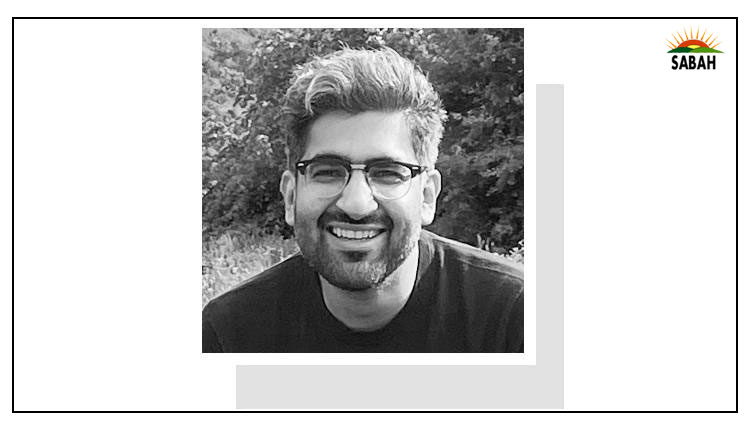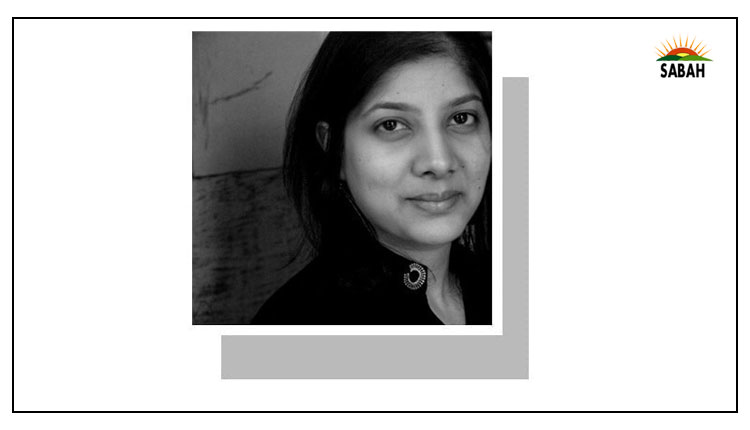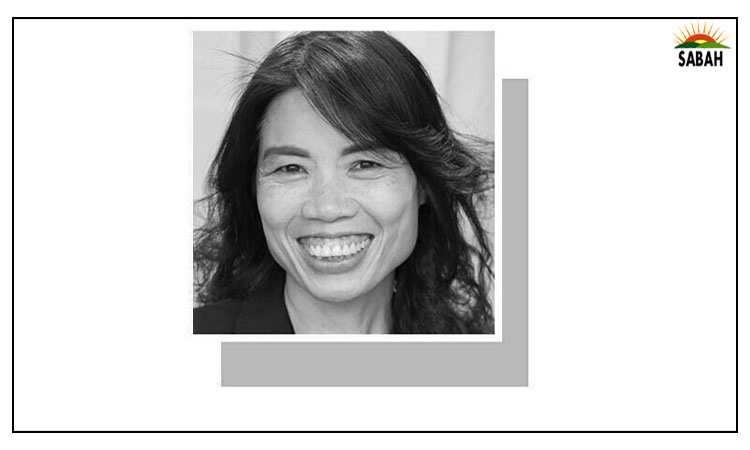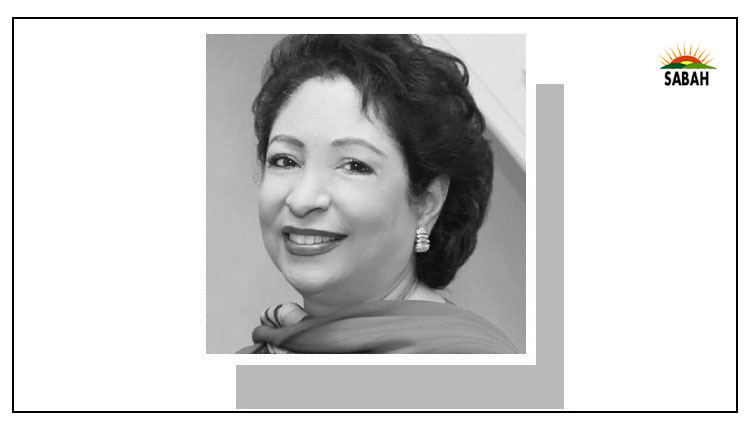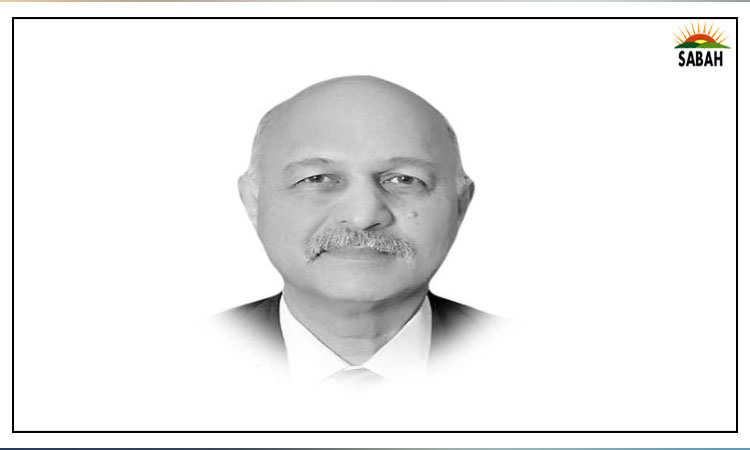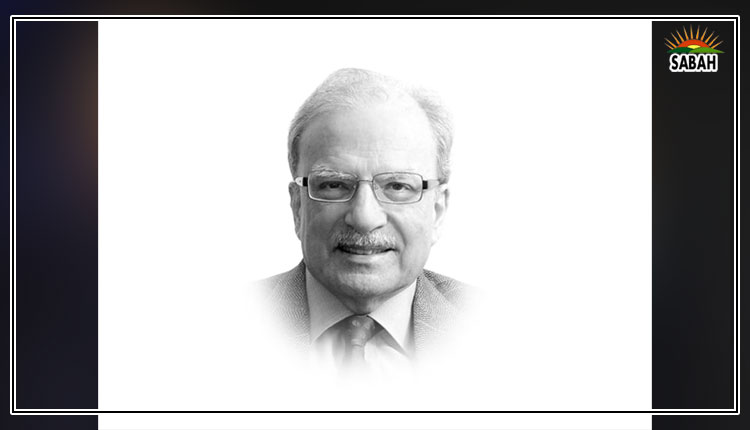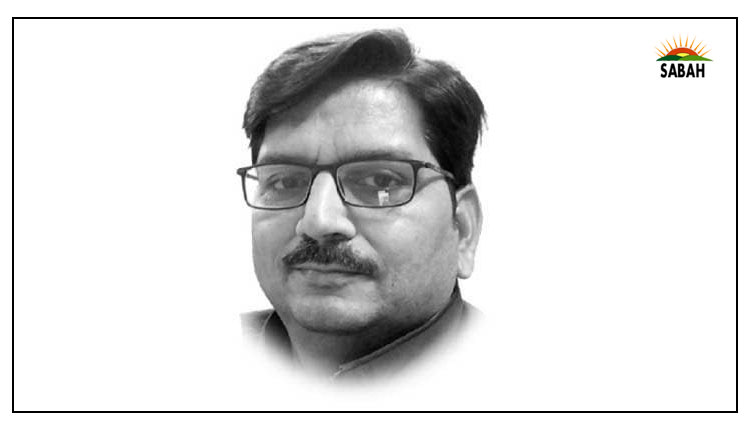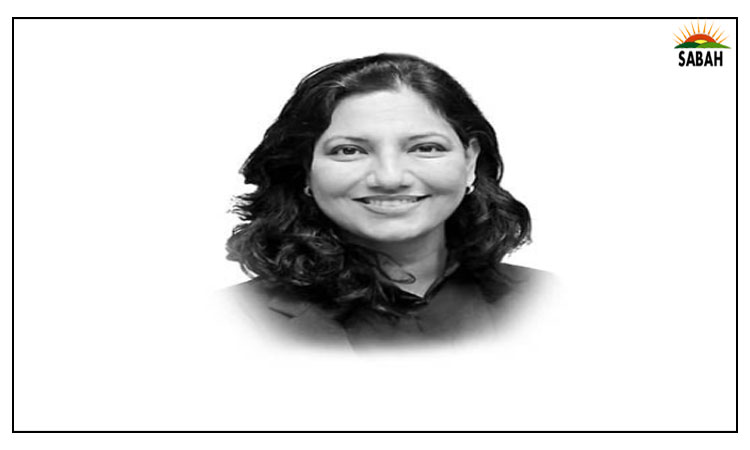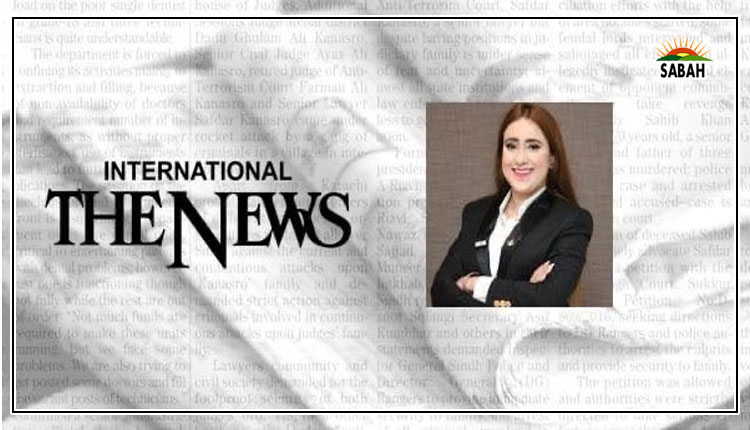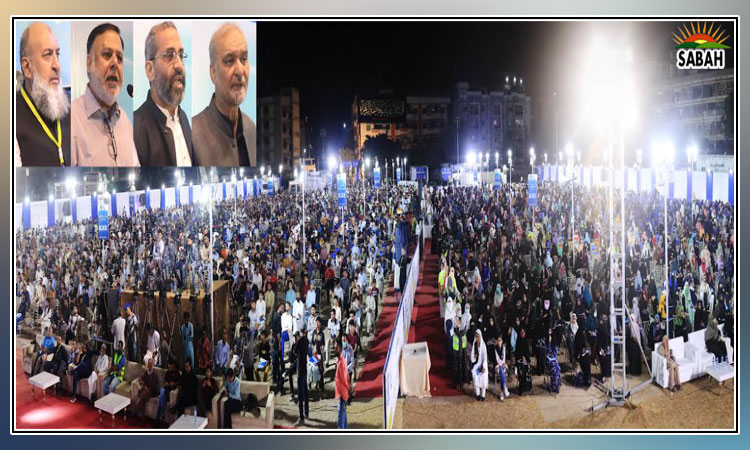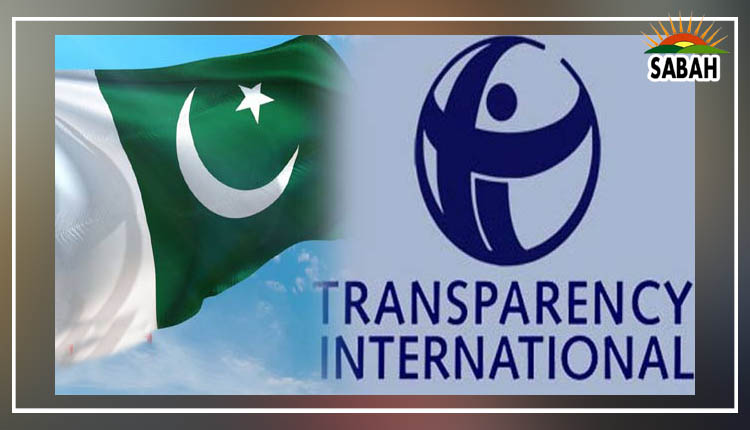Pakistan dropped 16 places in CPI for 2021 compared to previous year, ranking 140 out of 180 countries: Transparency Int’l report
ISLAMABAD, Jan 25 (SABAH): Pakistan dropped 16 places in the Corruption Perceptions Index (CPI) for 2021 compared to the previous year, ranking 140 out of 180 countries, Transparency International (TI) said in a report on Tuesday.
The CPI, which measures how corrupt a country’s public sector is perceived to be by its experts and businesspeople, uses a scale of zero to 100 where zero is highly corrupt and 100 is very clean.
The 2021 edition of the CPI ranked 180 countries and territories by their perceived levels of public sector corruption, drawing on 13 expert assessments and surveys of business executives.
In 2020, Pakistan’s CPI was 31 and it was ranked 124 out of 180 countries. According to Transparency International, the country’s corruption score has now deteriorated to 28 while it is ranked 140 out of the total countries on the index.
In contrast, India’s corruption score stood at 40 while Bangladesh’s CPI was 26. The two countries ranked 85 and 147, respectively.
While the corruption levels remain at a standstill worldwide, with 86 percent of the countries making little to no progress in the last 10 years, Transparency International in its Index revealed that the absence of “rule of law” and “state capture” has resulted in substantial low CPI score of Pakistan.
Vice Chair of Transparency International Pakistan, Justice (retd) Nasira Javed Iqbal, while commenting on the report said that there was no change in CPI 2021 scores of India and Bangladesh from last year.
Under the PTI government, the ranking of Pakistan has gradually slid. In 2019, it was 120 out of 180 countries, in 2020, it was 124 and in 2021 it worsened further to 140. In 2018, during the PML-N government, the ranking was 117 out of 180 countries.
In its report, Transparency International found countries that violate civil liberties consistently score lower on the CPI. Complacency in fighting corruption exacerbates human rights abuses and undermines democracy, setting off a vicious spiral. As these rights and freedoms erode and democracy declines, authoritarianism takes its place, contributing to even higher levels of corruption.
According to Transparency International said Denmark, Finland, New Zealand are the top countries on the anti-corruption index with a score of 88. “Norway (85), Singapore (85), Sweden (85), Switzerland (84), the Netherlands (82), Luxembourg (81) and Germany (80) complete the top 10,” it added.
“Countries experiencing armed conflict or authoritarianism tend to earn the lowest scores, including Venezuela (14), Afghanistan (16), North Korea (16), Yemen (16), Equatorial Guinea (17), Libya (17) and Turkmenistan (19),” it added.
In its report, Transparency International noted a trend in countries with weak scores — China, India, Indonesia, Bangladesh and Pakistan — of “weakening of anti-corruption institutions or in some cases absence of an agency to coordinate action against corruption”.
The report termed the situation in India “particularly worrying”, saying there were concerns about its democratic status as fundamental freedoms and institutional checks and balances decay. Journalists and activists in the country are especially at risk, it noted, adding that they had been victims of attacks by the police, political militants, criminal gangs and corrupt local officials.
“Civil society organisations that speak up against the government have been targeted with security, defamation, sedition, hate speech and contempt-of-court charges, and with regulations on foreign funding,” the report said.
It further said that countries like Singapore, Bangladesh and Pakistan had increased digital surveillance to silence those trying to hold governments accountable during the pandemic.
Commenting on the findings, chair of Transparency International, Delia Ferreira Rubio, said: “Human rights are not simply a nice-to-have in the fight against corruption. Authoritarian approaches destroy independent checks and balances and make anti-corruption efforts dependent on the whims of an elite.
“Ensuring people can speak freely and work collectively to hold power to account is the only sustainable route to a corruption-free society.”


